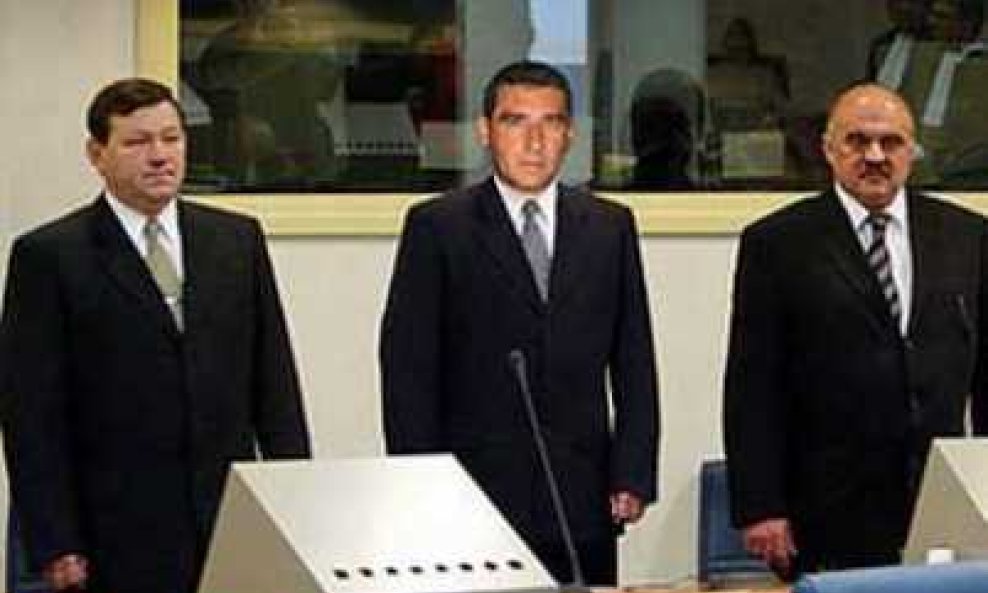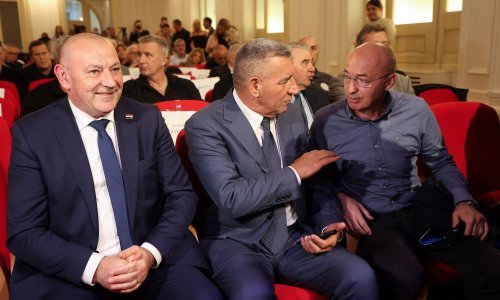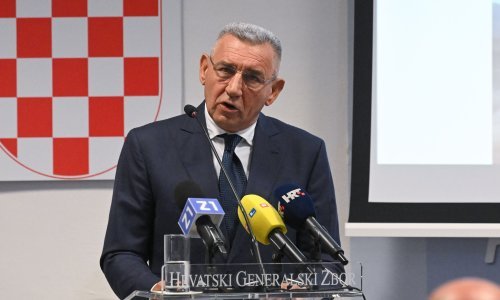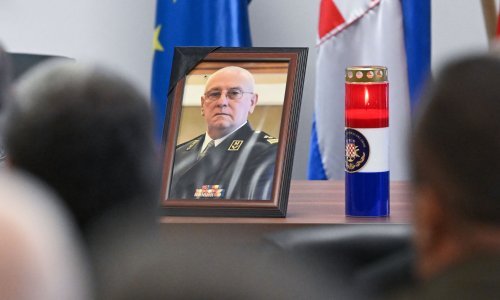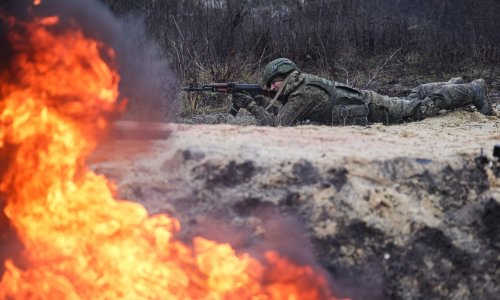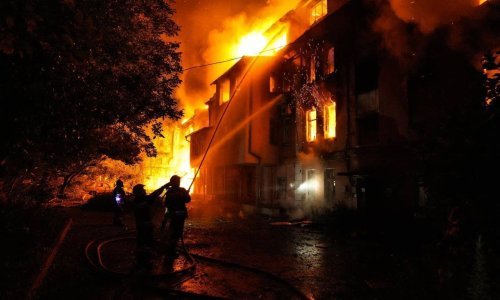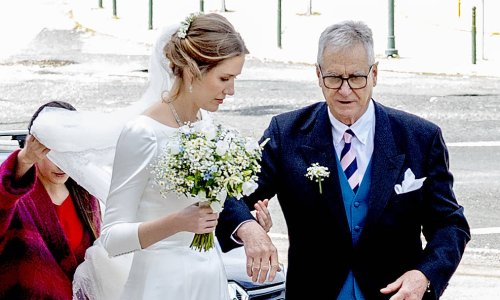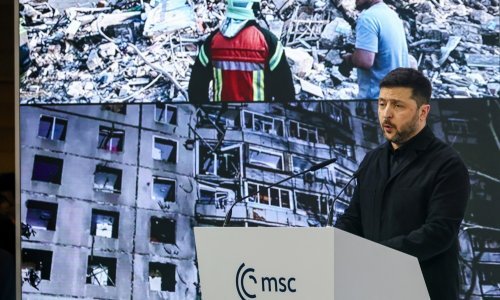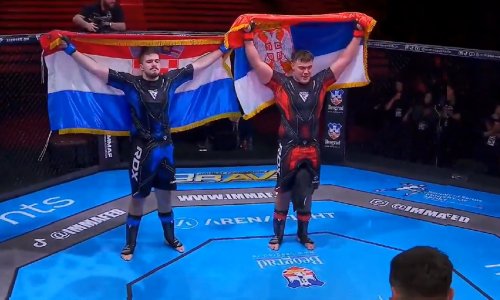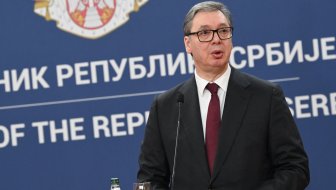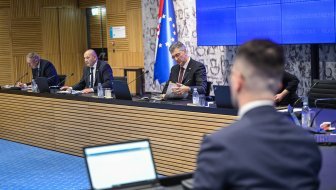The evidence shows that General Ante Gotovina is responsible for the indiscriminate shelling of Serb civilians at the beginning of Operation Storm in August 1995 and for widespread arson and looting committed by his subordinates, prosecutor Katrina Gustafson said on Monday while presenting the prosecution's closing arguments in the Gotovina, Cermak and Markac case before the International Criminal Tribunal for the former Yugoslavia (ICTY) in The Hague.
The shelling was just the beginning of General Gotovina's participation in the joint criminal enterprise, Gustafson said, adding that with his behaviour Gotovina created an atmosphere of impunity that encouraged further crimes and that he thus realised his actual intent to make those crimes happen.
His orders to prevent crimes and punish the perpetrators must be seen in the context of overall evidence that shows their real goal was to conceal his acceptance of those crimes and not their prevention, she said.
The prosecutor said that the evidence showed that Gotovina expected that his orders to prevent crimes would not be carried out and that he failed to take concrete measures, and that he knew that some of his troops were guided by the desire for revenge and retaliation.
Gustafson said she believed the prosecutors proved that Gotovina had enough disturbing information that his subordinates had committed or were likely to commit crimes, which is a prerequisite to prove one's guilt.
Before Gustafson, prosecutor Alan Tieger spoke of the intent of the Croatian state and military leadership to drive the ethnic Serbs out of the Krajina region of Croatia in the context of evidence that included the so-called Brijuni transcripts and testimonies of international officials such as former US Ambassador to Croatia Peter Galbraith and former UN Human Rights Commissioner Elisabeth Rehn.
Galbraith held the Croatian leadership responsible for serious and systematic crimes which, according to him, were committed with the tacit approval of President Franjo Tudjman and his associates, and Rehn had no doubts that the state leadership knew about the crimes, Tieger said.
The evidence shows that the state leadership was aware of the consequences of failure to prevent and prosecute the crimes, Tieger said.
Prosecutor Edward Russo then explained that the evidence showed that at a meeting on Brijuni island on 31 July 1995 a plan was devised that combined indiscriminate artillery attacks on the Serbs and methods of psychological pressure to ensure that they all left.
The evidence indicates that the main methods of psychological pressure were ambiguous leaflets and radio announcements addressed to the Serbs to flee from Croatia, Russo said.
Responding to the statement by the defence that the Serb population left because the Krajina authorities organised their evacuation, Russo said that the reality of the war is never so simple and that witnesses said they had left primarily because of the shelling.
The evidence shows that the departure of civilians was the important goal and not the consequence of the military offensive, the prosecutor said.
As the important evidence of indiscriminate shelling, Russo cited Gotovina's order to shell Drvar, Knin, Benkovac, Obrovac and Gracac, adding that nothing supported the defence allegations that the order implied the shelling of military targets in those towns.
The evidence and witness statements showed that those towns were targeted by inappropriate weapons that did not guarantee precision, Russo said.
Prosecutor Saklaine Hederaly spoke of the arson and looting that followed Operation Storm, saying that the end of the military offensive marked the beginning of a nightmare for the remaining Serb civilians. He admitted that one of the documents, a report by UN military observers, had inaccuracies with regard to the scale of the damage done.
Before a break, Gotovina's attorney Luka Misetic asked for an additional hour for his closing statement, saying that the prosecutors had disproportionately dealt with his client and not with the other two generals.



